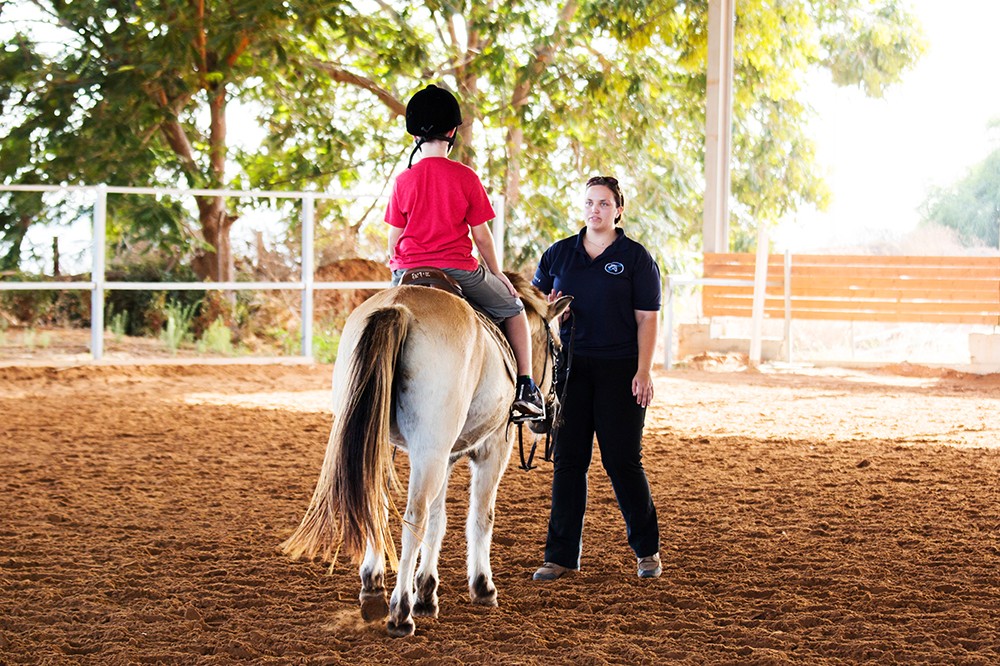What to Do During Summer Months

All contents of this resource were created for informational purposes only and are not intended to be a substitute for professional advice, diagnosis, or treatment. Always seek the advice of your physician, therapist, or other qualified health providers with any questions or concerns you may have.
Many parents worry about their child regressing during the summer break from school. There are multiple ways to keep your child progressing, even in the less structured summer months.
Decrease Therapy Time

Some families choose to reduce appointments during summer break. There are still plenty of activities to keep your child engaged!
- Teach your child about Water Safety and enroll them in swimming lessons
- Water safety and swimming lessons are not the same
- Work on Life Skills or Job Skills
- Summer reading program
- Play together
- Travel (for tips, please read Traveling with Your Child with Autism)
- Family outings
- Zoos
- Museums
- Parks
- Library programs
- Art classes
- Local day trips
Increase Therapy Time

Rather than decreasing therapy, some families use summer as an opportunity to increase therapy time. Similarly, extra time in the summer may open your schedule up to try new augmentative therapies, such as:
- Hippotherapy (horseback riding)
- Aquatic therapy
- Vision therapy
- Music Therapy
- Listening systems
- Integrated Listening System (iLs)
- Tomatis
- Therapeutic Listening
- The Listening Program
- Interactive Metronome
- Primitive Reflex Integration
- Functional Neurology
- Brain Balance
- MNRI Method
- Trained occupational therapist
- Social Skills Classes
- Don’t forget; there are lots of things you can do to help develop Social Skills at home
- Academics
- Lindamood Bell
- Kumon
- LearningRx
- Local tutoring centers
Note: Before increasing therapy time or beginning any new therapy program, be sure to talk to your providers about their recommendations and check with your health insurance company to determine coverage.
Extended School Year (ESY)

- Students with IEPs may be eligible for summer school programming called Extended School Year (ESY)
- Available to students who regress over school breaks
- The IEP team will convene and determine if a student qualifies for ESY
- If the student qualifies for ESY, the IEP team will then create an IEP for ESY services
Summer Camps

- Camps can be part-time or full-time
- Schedule a meeting with camp directors to discuss if the camp can meet your child’s needs
- If your child needs 1:1 assistance, talk with camp directors to see if they have someone available to assist your child or if you need to provide someone
- Decide if your child should be placed with their developmental or chronological age group at camp
Take Care of Items on Your Medical “To-Do” List
- Travel to appointments with out-of-town specialists
- Begin the gluten-free, casein-free diet (GFCF) or other diet changes
- Get a 24-EEG to check for seizures
- Begin new medicines/supplements recommended by your child’s physician
Conclusion
There are many combinations of school, therapy, and activities you can do with your child. With some planning, you can create a summer schedule that is enriching and fits your child’s needs.




